Africa and Guyana are just starting to uncover the true potential of their oil and gas resources. More than 30 discoveries were made in Guyana since 2015, with one block alone – operated by ExxonMobil – expected to hold as much as 11 billion barrels of oil. The same can be said for countries in Africa such as Namibia, with five major discoveries since 2022; Mozambique, with its major gas projects; Angola, Nigeria, Equatorial Guinea and many more.
Unfortunately, climate panic and fear mongering are alive and well, and for some reason, Africa is public enemy number one. A continent that emits a negligible amount of carbon dioxide – at most, 3% of the world’s total emissions – is being disproportionately pegged as a threat to the planet by developed nations.
For countries such as Mozambique, with 100 tcf of proven reserves; Nigeria, with 200 tcf of proven reserves; Angola, with 10 tcf of proven, and many others, leaving gas in the ground is simply not an option. With significantly fewer emissions than resources such as coal, gas stands to play a catalyzing role in Africa.
“Demonizing the oil and gas industry must stop. We see it constantly, in the media, in policy and investment decisions, and in calls for Africa to leave our fossil fuels in the ground. We see it with lawsuits to stop the financing of projects such as Mozambique Liquefied Natural Gas or lawsuits to prevent Shell from even carrying out a seismic survey,” stated NJ Ayuk, Executive Chairman of the AEC. “Actions like these, even as Western leaders have pushed OPEC to produce oil and are pushing European nations to increase their own production and escalate coal use, are not fair, and they’re not helpful.”
Africa is on a mission to make energy poverty history by 2030 and this can only be achieved through oil and gas. Currently, over 600 million people are without access to electricity while over 900 million are without access to clean cooking solutions. The wealthy nations green agenda does not consider how much Africa needs natural gas to bring electricity to the growing number of Africans and Caribbeans living without it.
As such, countries are calling for a new discussion to take place at COP28 in Dubai, one in which both Africa and the Caribbeans voices are not only heard but a part of. During the African Energy Week 2023 conference this October, African leaders emphasized the critical need to adopt an Africa-centric and just energy transition, one that heavily incorporates oil and gas. Global leaders, financial institutions and project developers should comply with this agenda, putting a continent’s needs before the world’s problems.
“I also would respectfully ask financial institutions to resume financing for African oil and gas projects and stop attempting to block projects like the East African Crude Oil Pipeline or Mozambique’s LNG projects,” Ayuk concluded.
SOURCE
African Energy Chamber




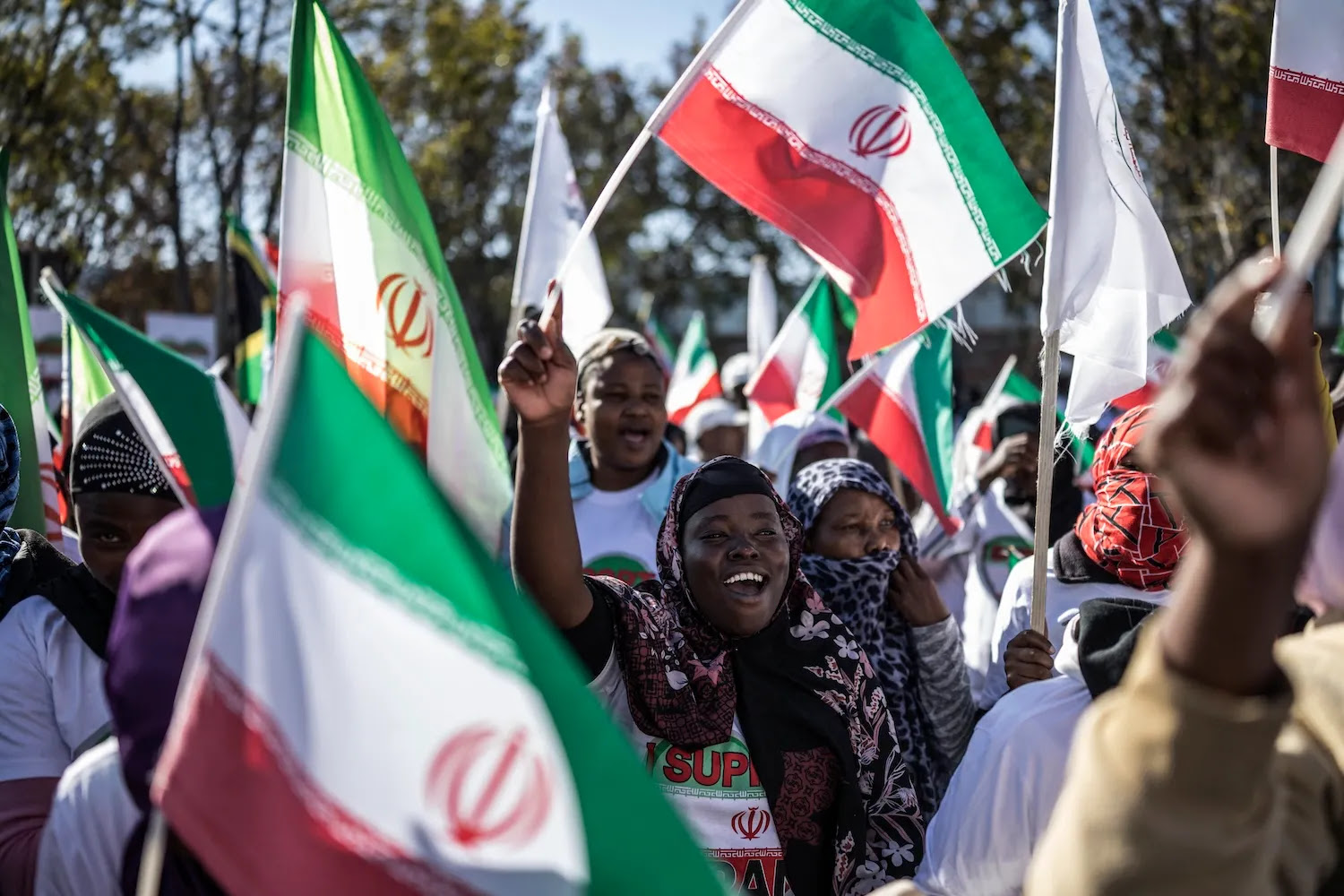
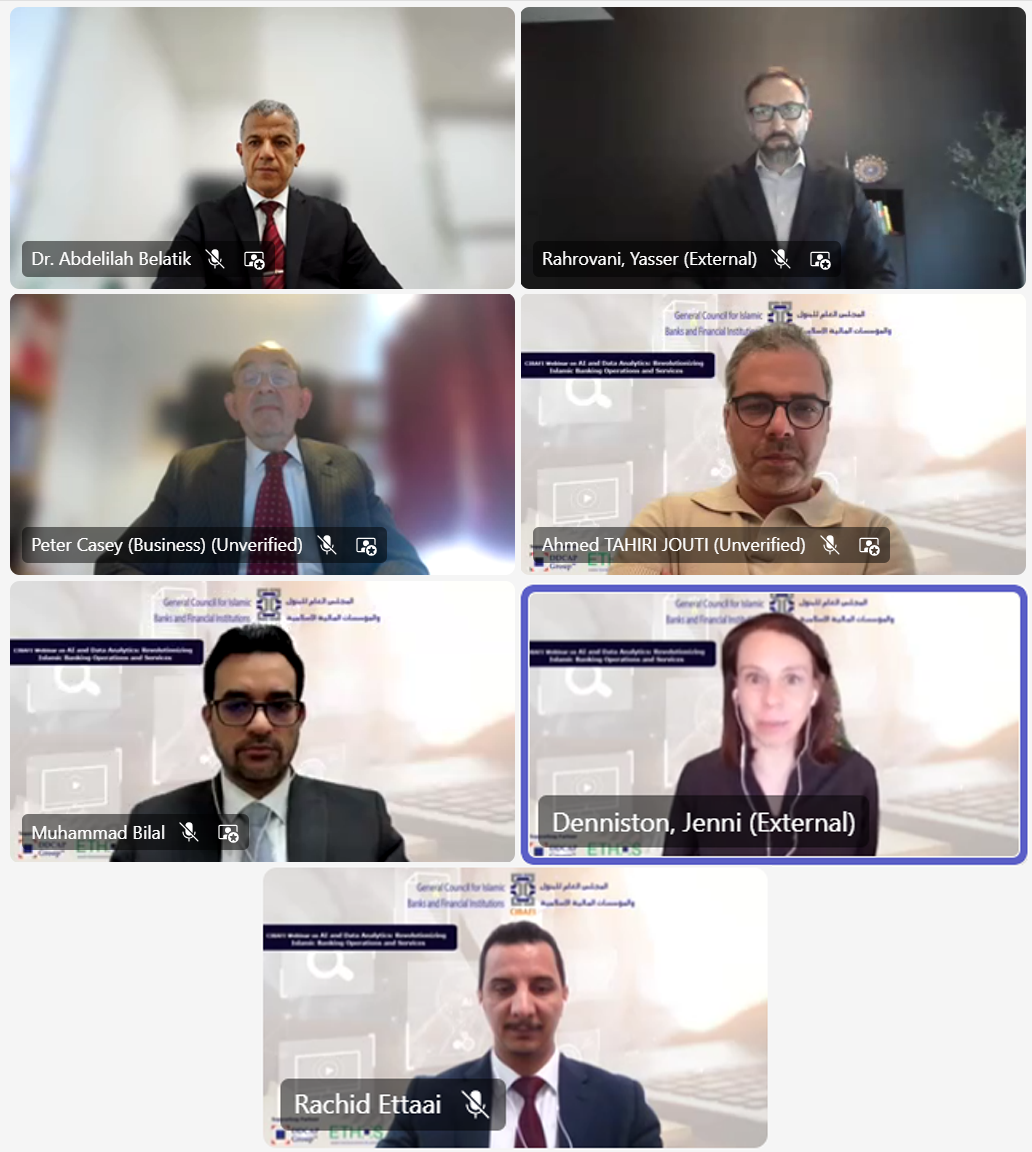
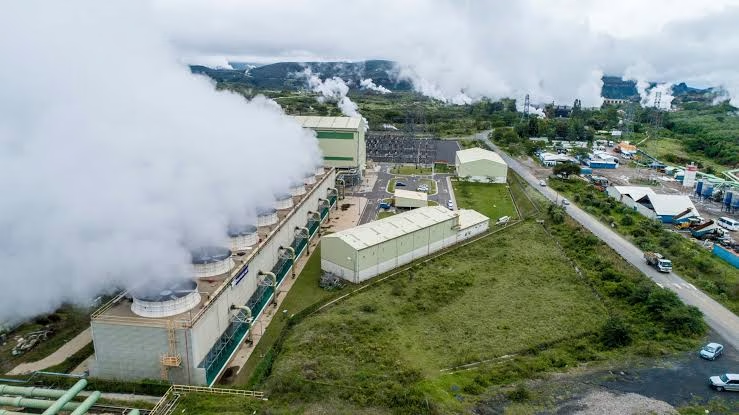
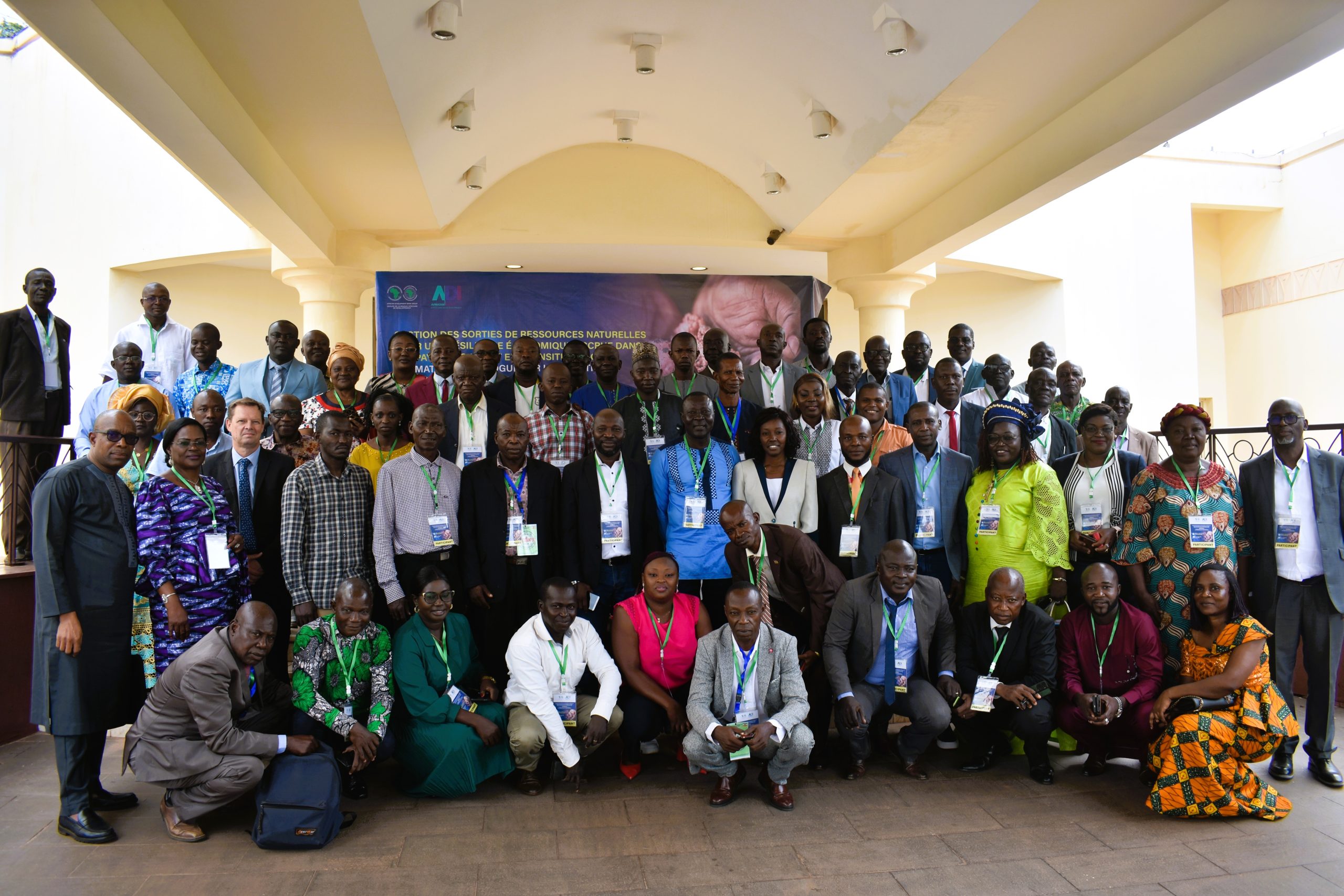
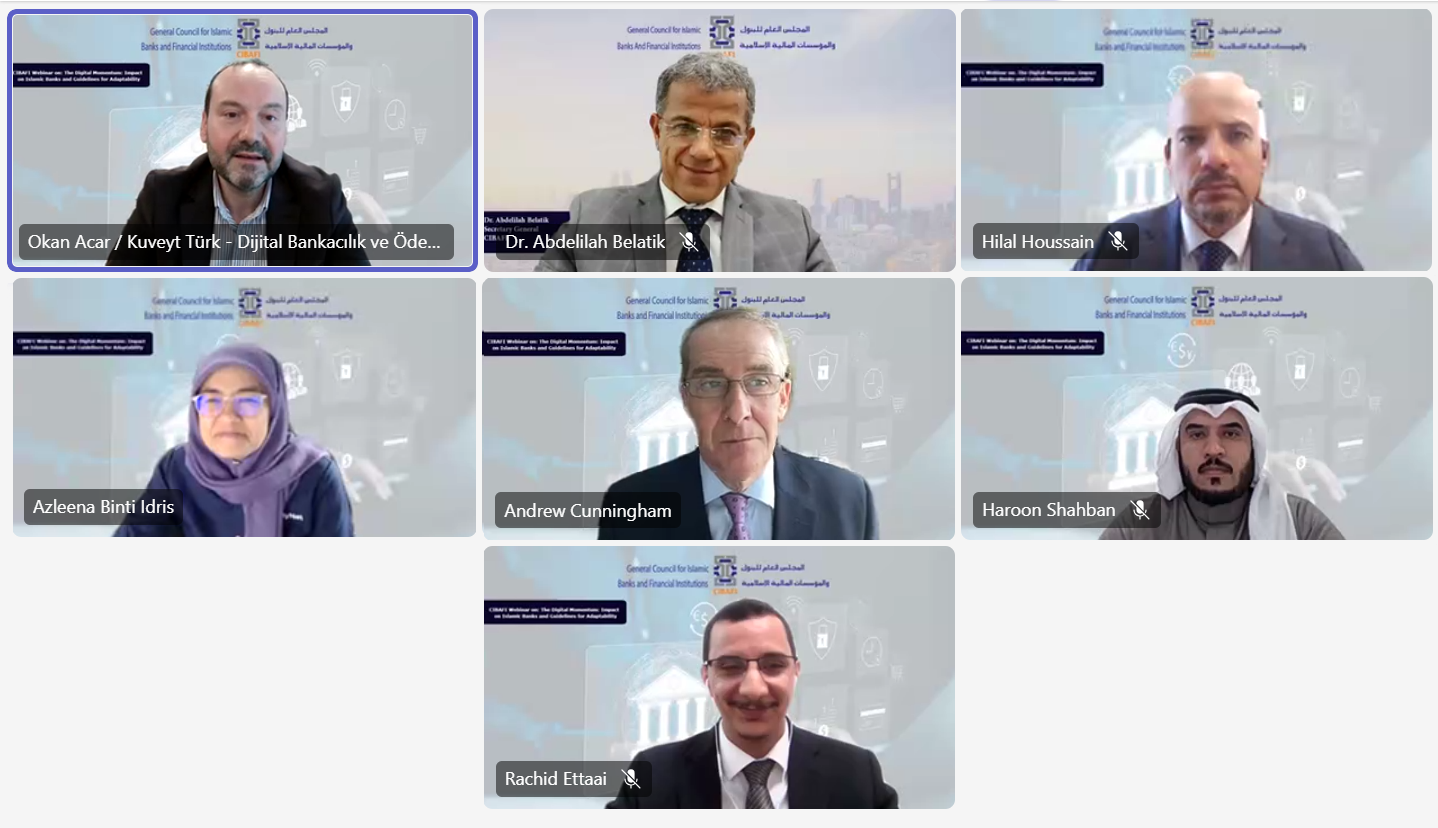
Leave a Reply